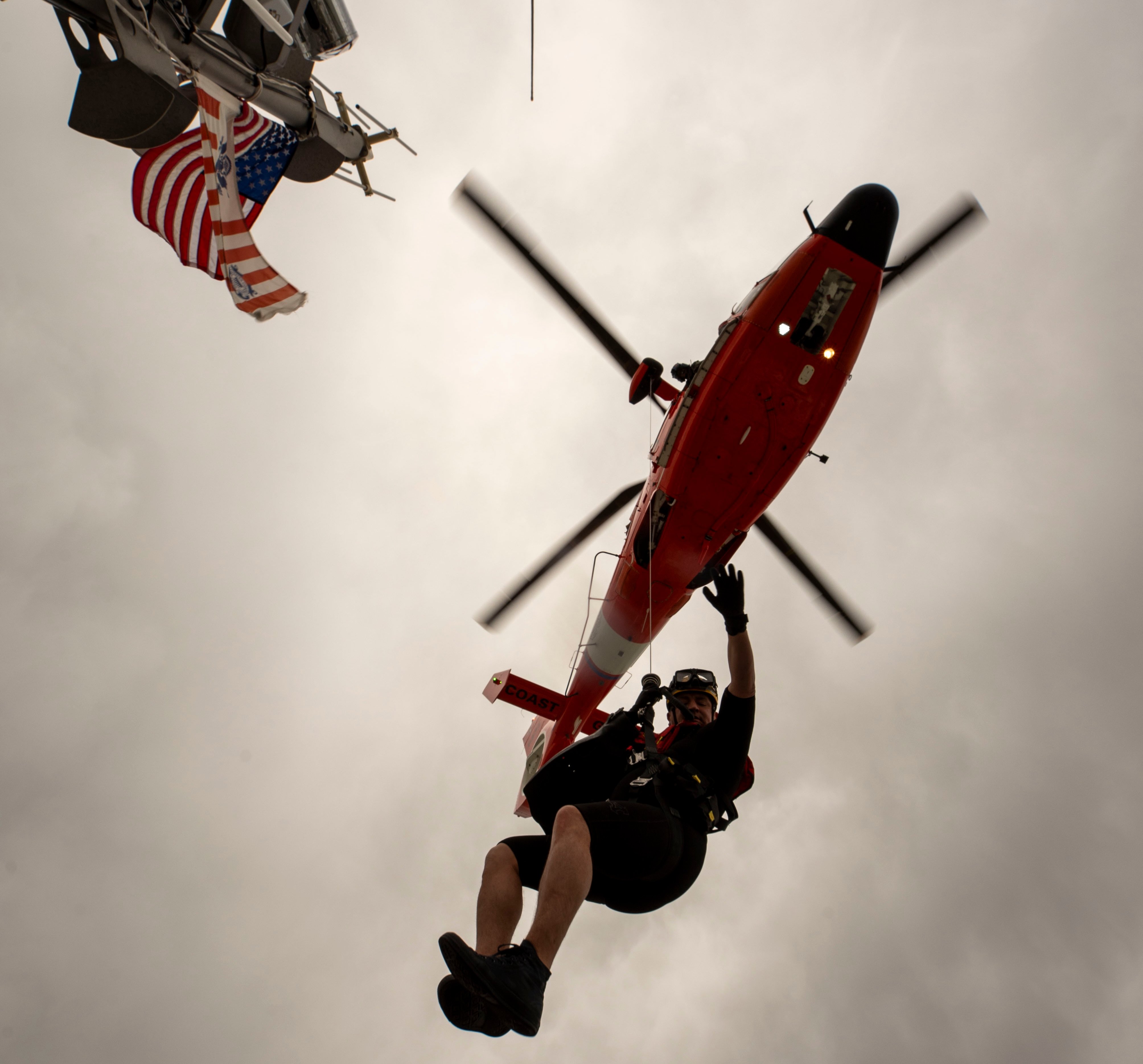
The number two Pentagon civilian called for more survivable and lethal surface ships instead of “niche platforms” that can only conduct certain missions in permissive environments as the U.S. moves toward its rebalance to the Pacific in a speech at West 2014 conference in San Diego, Calif. on Tuesday.
“We need more ships with the protection and firepower to survive against a more advanced military adversary,” Christine Fox, acting deputy secretary of defense, said in her speech.
Though she didn’t mention any specific platforms, Fox’s comments follow reports the Pentagon is considering reducing its buy of both variants of the Littoral Combat Ships which critics consider under armored and under gunned. The plan of record for the ships is 52 but that number could be cut in half.
Fox said niche platforms “have a valuable place in the Navy’s inventory,” but ships also needed more firepower and higher levels of survivability.
“Presence is important – presence with a purpose, and with capability,” she said.
“But with limited resources and global responsibilities, we simply can’t afford to build a navy tailored for one region and one kind of fight.”
Fox’s comments come just ahead of Thursday’s nomination hearing for her replacement former under secretary of the Navy and longtime LCS supporter Bob Work.
Though Work will take over the number two position in the Pentagon soon, it’s unclear how much — if any — influence he will have over the coming Fiscal Year 2015 Pentagon budget due out in early March.
Fox also called for developing other platforms that could survive in a permissive environment.
“For aerial platforms we need the ability to strike from over the horizon from secure locations, whether that capability comes from missiles, bombers, or tactical aircraft, manned or unmanned,” Fox said.
“We need a flexible portfolio of capabilities that can operate along the full spectrum of conflict and military operations.”
Again, without mentioning specific platforms Fox could refer to the ongoing debate over the Navy’s next generation carrier-based unmanned aircraft — Unmanned Carrier Launched Airborne Surveillance and Strike (UCLASS).
Camps in the Pentagon have been split over whether UCLASS should be primarily a surveillance platform with a small ability for strike or a stealthy aircraft with a significant weapons load. A draft request for proposal is due to industry for UCLASS later this year.
Fox also called for a reduction in military personnel and a realignment of forces for a highly technological smaller military due to ongoing budget cuts due in part to the sequestration shortfalls of the Budget Control Act of 2011.
The recent Bipartisan Budget Act did provide some relief, giving the Pentagon an additional $9.5 billion back in cuts for the FY 2015 budget.
Still, the relief is not enough to stop a hard look at the size and scope of the U.S. military, she said.
“Given these fiscal realities the department cannot postpone further difficult decisions about the military’s size and operating costs,” Fox said.





